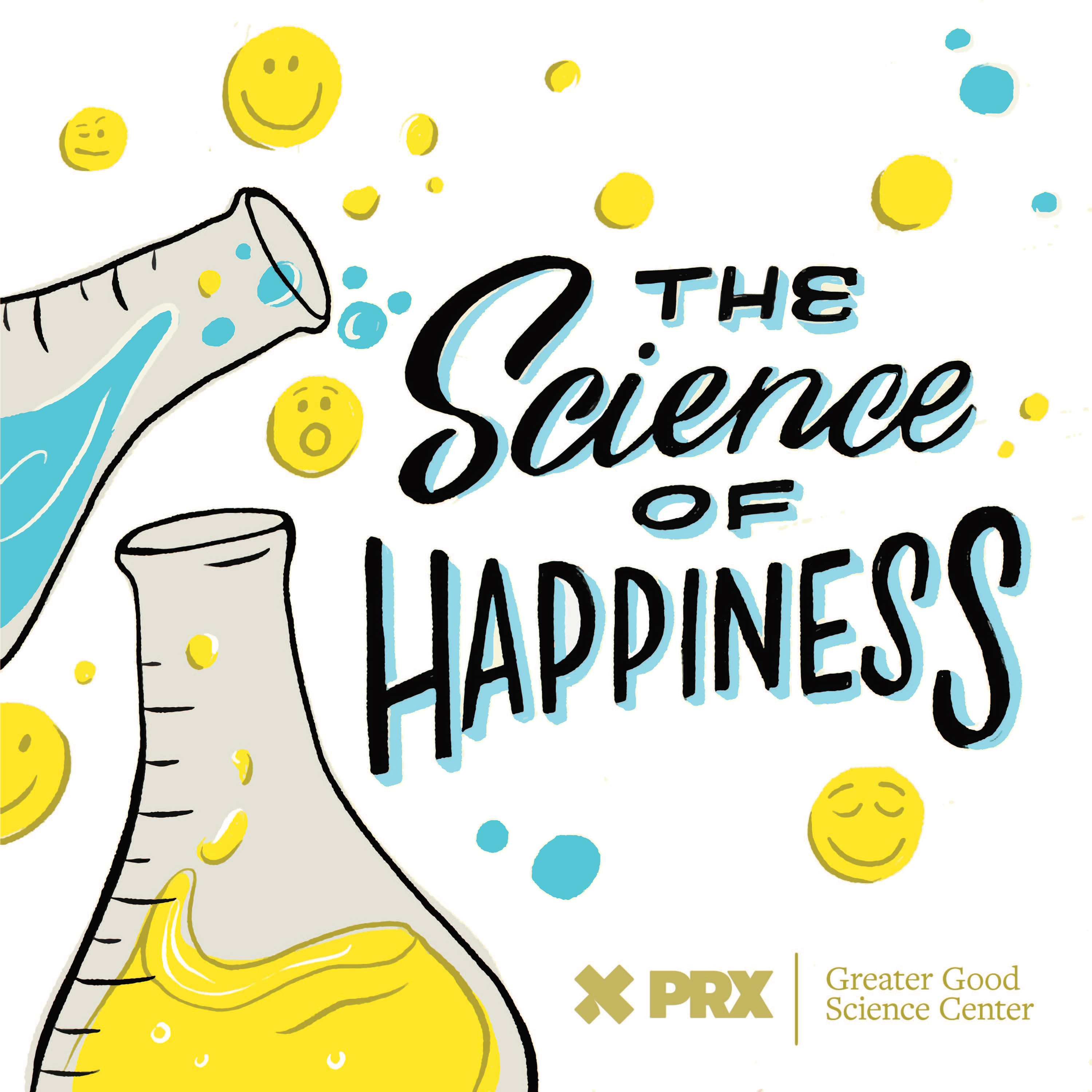How to Say "Sorry" Like You Mean It

Apologies are key to successful relationships. But\xa0are you doing them right?
\n\nLink to episode transcript: https://tinyurl.com/38dfpe8p
\n\n\n\n
Episode summary:
\n\nWe all have moments when we say or do something we later regret. Then the time comes to make an apology. But a halfhearted \u201cI\u2019m sorry\u201d rarely gets the job done. On this episode of The Science of Happiness, public defender Sam Dugan joins us for a second time to try science-backed tips for making an effective apology. First, she takes a moment to cultivate mindfulness through a mindful breathing practice. Next, Sam invites us in as she apologizes to her husband Nate. Sam reflects on how she took out her stress on Nate, what led her to lash out, and the importance of making a true, heartfelt apology \u2014 as opposed to the mindless ones many of us make on a near-daily basis. Then we hear from Sana Rizvi, a professor at the University of New Brunswick, about the science of how mindfulness can make us more apologetic.
\n\nPractice:
\n\nMindful Breathing
\n\n- \n
Invite your body to relax into a comfortable position.
\nTune into the rhythm of your breath, and pay attention as you breathe in through your nose, hold your breath, and exhale through your mouth.
\nRepeat as many times as you\u2019d like.
\n
Making an Effective Apology
\n\n- \n
Acknowledge the offense by showing that you recognize who was responsible, who was harmed, and the nature of the offense.
\nIf helpful, provide an explanation, especially to convey that it was not intentional and that it will not happen again.
\nExpress remorse.
\nMake amends. When considering how to best make amends, be sure to ask the offended person what would mean the most to them.
\n
\n\n
Learn more about this practice at Greater Good In Action:
\n\nhttps://ggia.berkeley.edu/practice/mindful_breathing
\n\nhttps://ggia.berkeley.edu/practice/making_an_effective_apology
\n\n\n\n
Today\u2019s guests:
\n\nSam Dugan is a public defender in Salt Lake City, Utah. She and her husband Nate have three dogs, and they were on the show last year to try the Three Funny Things practice.
\n\nListen to Sam and Nate on Why Love Needs Laughter: https://tinyurl.com/5s45ps2v
\n\n\n\n
Sana Rizvi is a professor in Organizational Behavior and Human Resource Management at the University of New Brunswick, in Canada.
\n\nLearn more about Dr. Rizvi\u2019s work: https://tinyurl.com/4kzs4n4w
\n\n\n\n
Resources for Making an Effective Apology
\n\nHidden Brain - The Power of Apologies: https://tinyurl.com/bdze6yzz
\n\nThe Verywell Mind Podcast - A Science-Backed Strategy for Making an Effective Apology: https://tinyurl.com/2j6ar3x8
\n\nThe Atlantic - The Art and Science of Apologizing: https://tinyurl.com/38j2re9d
\n\nThe New York Times - No, You Don\u2019t Have to Stop Apologizing: https://tinyurl.com/3zwns9n3
\n\n\n\n
More resources from The Greater Good Science Center:
\n\nCan Mindfulness Make You Better at Apologizing? https://tinyurl.com/bdes29w5
\n\nThe Three Parts of an Effective Apology: https://tinyurl.com/3p273tym
\n\nA Better Way to Apologize: https://tinyurl.com/34hp2re5
\n\nShould You Ask Your Children to Apologize? https://tinyurl.com/4vcrktju
\n\nEight Keys to Forgiveness: https://tinyurl.com/3x7v8rj7
\n\nTell us about your experiences and struggles trying to make a mindful and effective apology by emailing us at happinesspod@berkeley.edu or using the hashtag #happinesspod.
\n\nHelp us share The Science of Happiness!
\n\nLeave us a 5-star review on Apple Podcasts or copy and share this link with someone who might like the show: pod.link/1340505607